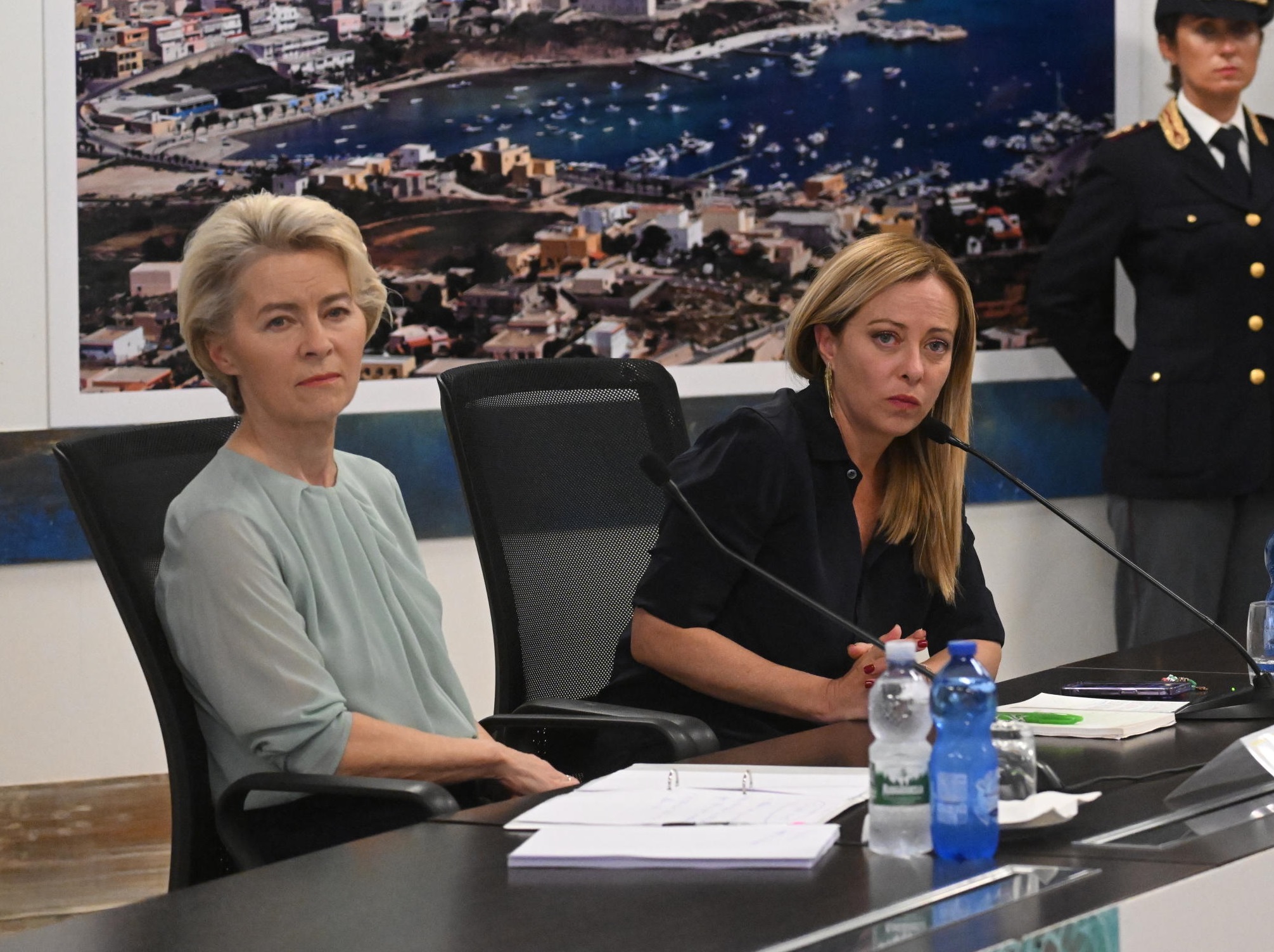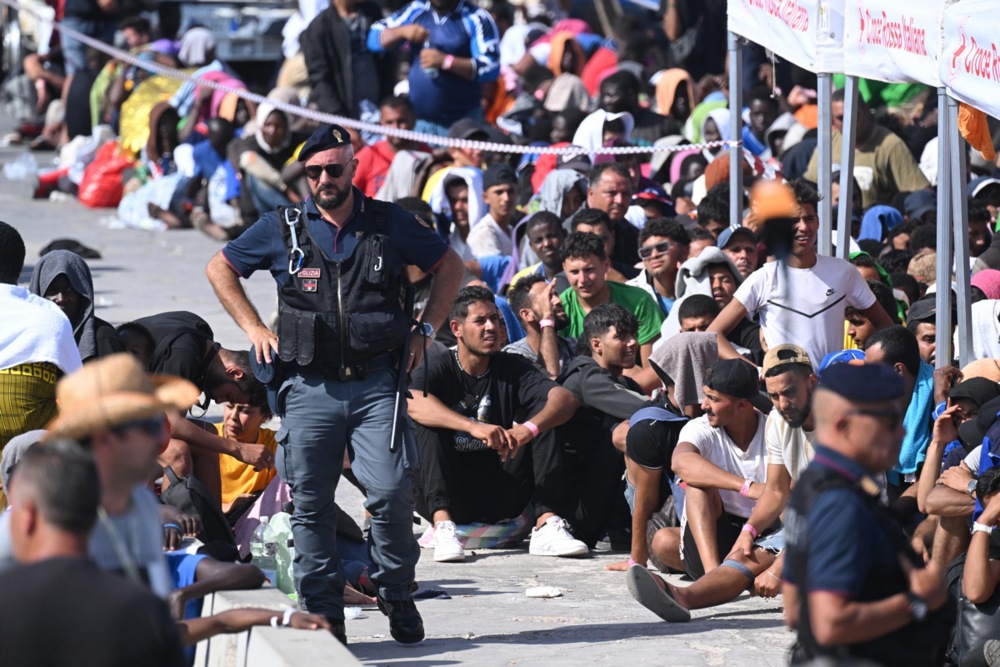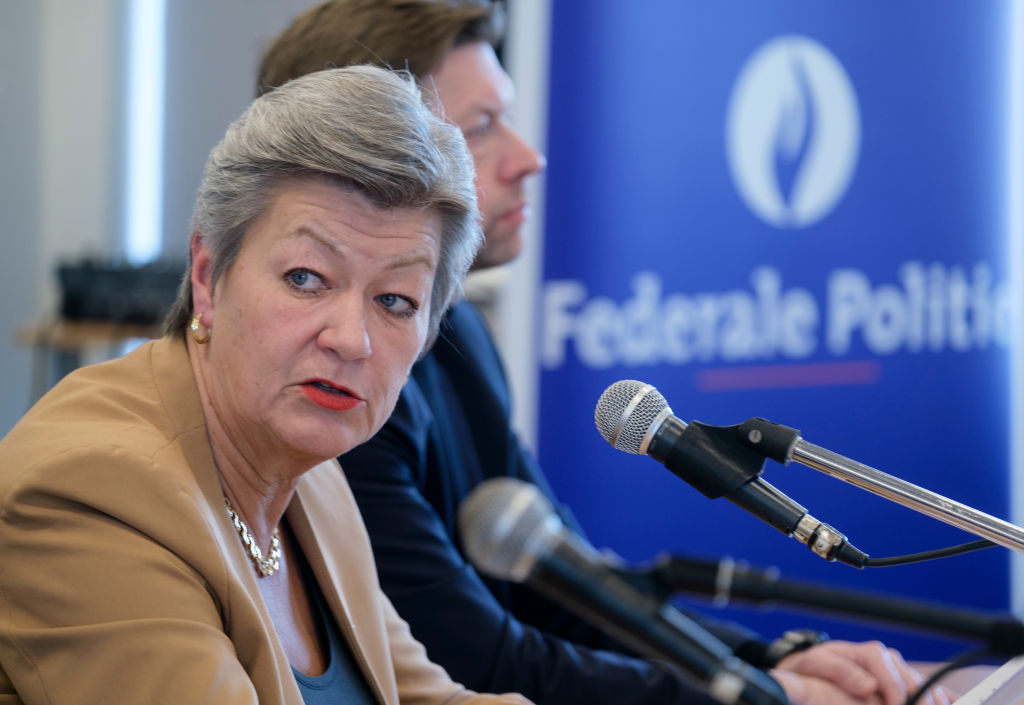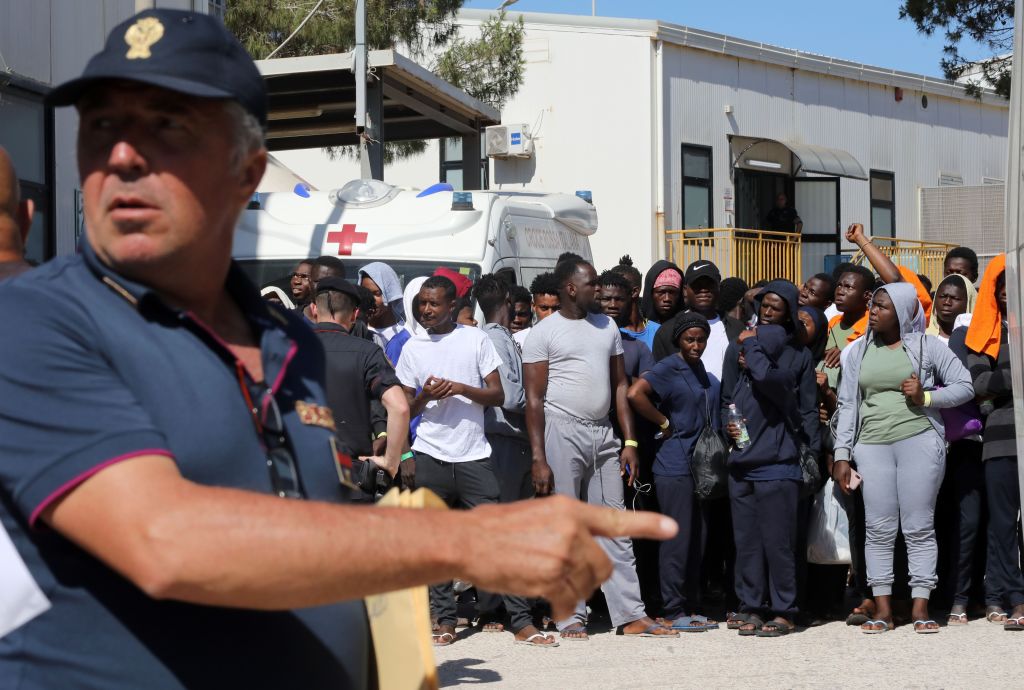Tunisia is “expected” to respect human rights as part of its deal with the European Union to curb illegal migration, the European Commission has said.
Responding to a European Parliamentary question signed by more than 30 MEPs from various centrist and left-wing parliamentary groups, Berlaymont reiterated claims that human rights were “at the heart” of the Memorandum of Understanding with the North African nation.
Responding to the MEPs’ concerns over the “worsening of migrants’ rights” in Tunisia, European Commissioner for Neighbourhood and Enlargement Olivér Várhelyi insisted that the bloc would closely monitor the actions of the state as part of the deal.
“The respect for human rights and democratic principles is at the heart of the EU’s partnerships with all partner countries, including with Tunisia,” he wrote.
“Human rights and other relevant standards will thus be continuously monitored,” he added. “Tunisia is expected to act in full respect of human-rights principles and in compliance with a protection-sensitive approach.”
European Parliament members clashed in the plenary in Strasbourg on Tuesday over the EU’s controversial migration deal with Tunisia. https://t.co/cr3Ycm4BeL
— Brussels Signal (@brusselssignal) September 13, 2023
Valued at around €785 million, the EU’s deal with Tunisia is one of the latest attempts by senior Eurocrats to get a handle on the ongoing migration crisis.
Italian Prime Minister Giorgia Meloni has been a notable supporter of the agreement, joining EC President Ursula von der Leyen and Dutch PM Mark Rutte on a trip to the country to sign the agreement in July.
Others have been far less enthusiastic about the deal, with left-wing politicians expressing particular concern regarding the nation’s treatment of Sub-Saharan African migrants.
Particular focus has been placed on the country’s President Kais Saied, who has been accused of stoking “anti-Black racism” in the country.
The NGO Amnesty International described Saied as inciting a “wave of violence against Black Africans” earlier this year. That came after the Tunisian leader decried what he called the “hordes of irregular migrants [coming] from Sub-Saharan Africa”, describing them as bringing “violence, crime and unacceptable practices”.
How the country has dealt with its recent influx of migrants appears to be less of a concern for Eurocrats, who seem to be too busy dealing with the surge of illegal and irregular migrant arrivals throughout the EU.
The arrival of thousands of would-be asylum seekers on the Italian island of Lampedusa has recently caused particular problems in Brussels, with Meloni threatening to take unilateral action against Mediterranean boat migrants if Eurocrats fail to combat the surge.
It isn't just Lampedusa that is feeling the strain of new arrivals. https://t.co/XibkECdEBN
— Brussels Signal (@brusselssignal) September 18, 2023





